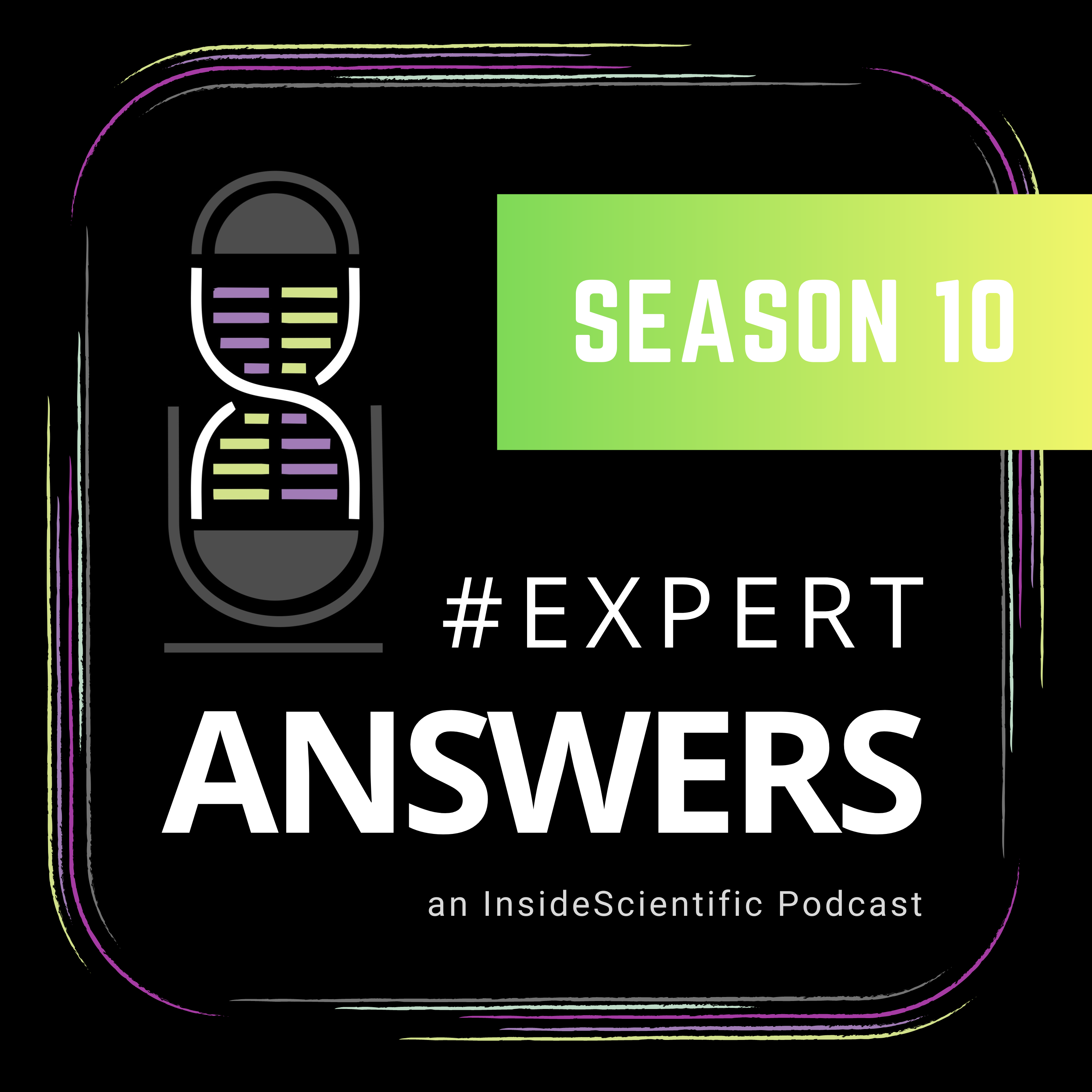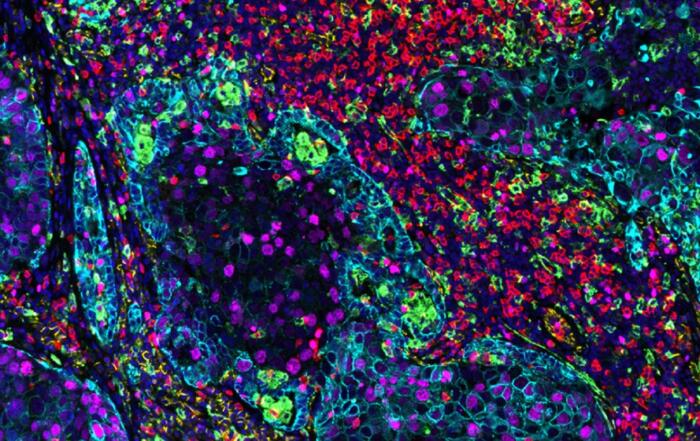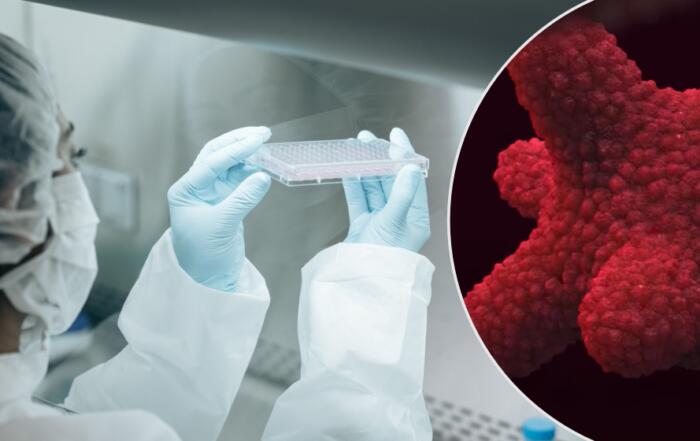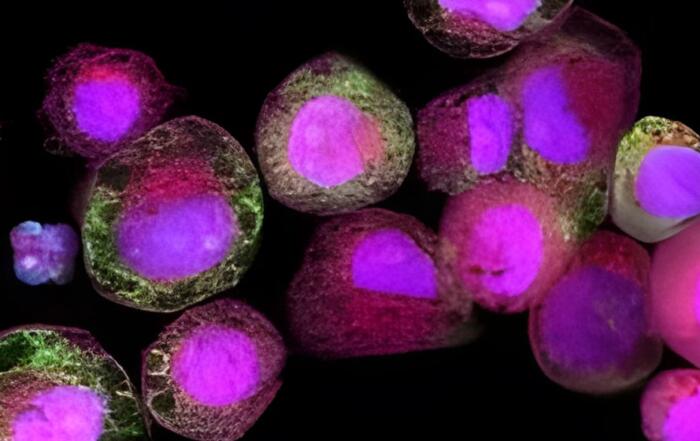Dr. Jeffrey Silva explores the role of mass spectrometry-based proteomics on drug discovery, disease mechanisms, and biomarker identification.
Drug discovery and development is a complex and challenging process that requires the identification and characterization of novel drug targets. Proteomics, the large-scale analysis of proteins, is an increasingly important tool in this effort, providing a powerful means to understand disease mechanisms, discover biomarkers, and profile drug pharmacology. Mass spectrometry, a key technology in proteomics, offers high resolution, reproducible and actionable data on a wide range of protein targets.
In this webinar, Jeffrey Silva, PhD, a Principal Scientist in the Proteomics Group at Cell Signaling Technology provides an overview of how mass spectrometry-based proteomics can be used for drug discovery and development. Jeffrey also presents several case studies highlighting how these techniques can be used to gain a deeper understanding of disease mechanisms and as a powerful tool for drug discovery.
Key Topics Include:
- Understand the role of proteomics and mass spectrometry in drug discovery and development
- How to use these techniques to probe disease drivers and drug pharmacology
- How proteomics can be used to discover protein or post-translational modification (PTM) biomarkers
- How to monitor low abundance proteins or critical PTMs using mass spectrometry
Who Should Attend?
- Searching for diagnostic proteomic biomarkers to monitor drug efficacy or disease progression
- Trying to identify on- & off-target effects of small molecule inhibitors or PROTAC-mediated degradation
- Identifying critical signaling pathways modulated upon compound treatment or onset of disease
Click to watch the webinar recording. To view the presentation full screen, click the square icon in the bottom-right corner of the video viewer.
Resources
Presenters
Principal Scientist
Proteomics
Cell Signaling Technology










